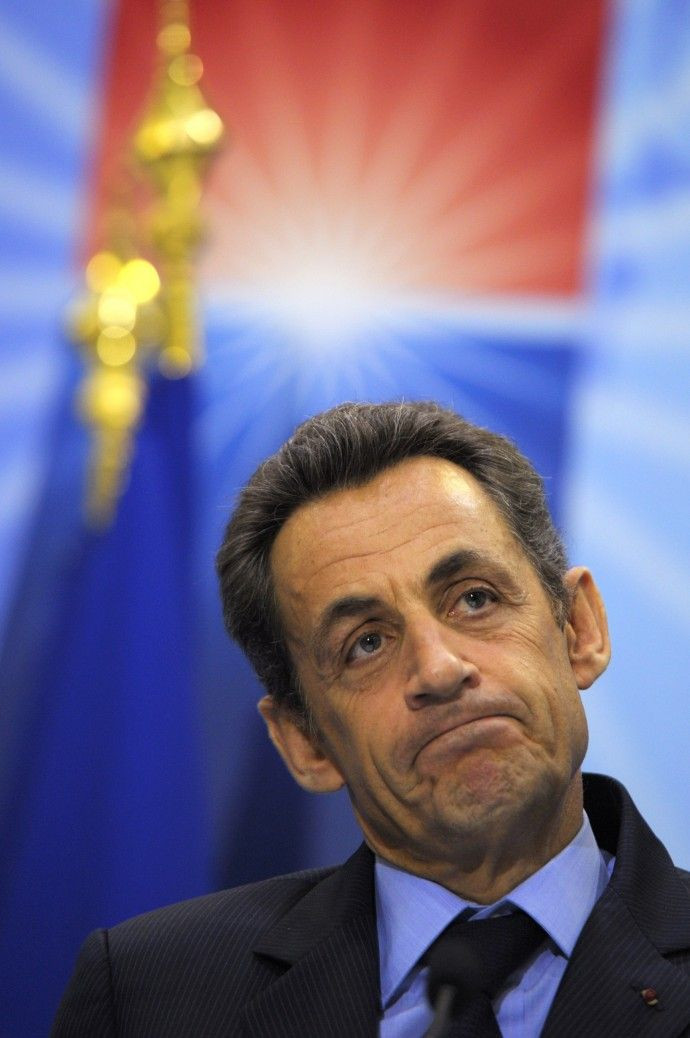Sarkozy wants tax to discourage speculation in currency/commodity markets

French President Nicolas Sarkozy continues to advocate a financial tax to dissuade speculation in global currency and commodities markets as part of an ambitious agenda he has laid out in a speech today for the G20 and G8 summits.
France is the holder of the presidencies of both.
In a speech to about 300 reporters in Paris today, Sakozy said the G20’s aim is to reduce volatility in the commodities and currencies markets by broadening the role of the International Monetary Fund (IMF) and to smooth out the current imbalance of power in global economic governance.
“We propose to the G20 to develop a code of conduct for managing capital flows and ultimately France’s conviction is that a reform of the IMF’s statute’s is desirable.” One of the new codes of conduct, he proposes, would be for the IMF to increase its surveillance of international capital flows. Put simply, Sarkozy wants transactions between countries to be relatively transparent.
He also stressed that the countries in the G20 should collectively come up with “innovative solutions to tackle” the problem of slapping a financial tax, which he called “a moral and ethical tax” on international currency and commodities transactions in order to dissuade speculation.
Currently, the balance of power in the speculation of commodities and currency prices has shifted to the U.S. and China’s favor.
“Shortage fuels speculation and speculation fuels shortage,” he said, referring to the fact that the uprising in Tunisia late last year was caused, in large part, by high unemployment driven by speculation in food and commodities prices.
Given that both the U.S. and China are against such a financial tax, Sarkozy attempted to soften his stance by adding that “France does not call the role of the dollar in to question,” although he did not outline a specific plan to bridge the gap between the differing French and U.S. views on such a tax.
Sarkozy did, however, criticize the general practice of accumulating U.S. Treasury bond reserves, calling that practice “expensive and unproductive.”
Additionally, during a question-and-answer session, Sarkozy stressed the need to regulate the commodities markets.
“How can you explain that we regulate money markets and not commodities? he asked. We must improve transparency on physical markets. We must be able to know the outlook of stocks.
© Copyright IBTimes 2024. All rights reserved.





















